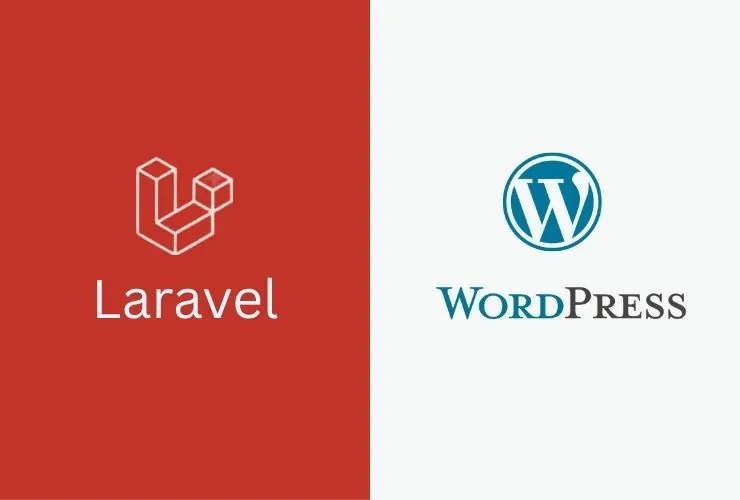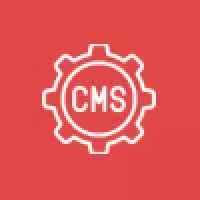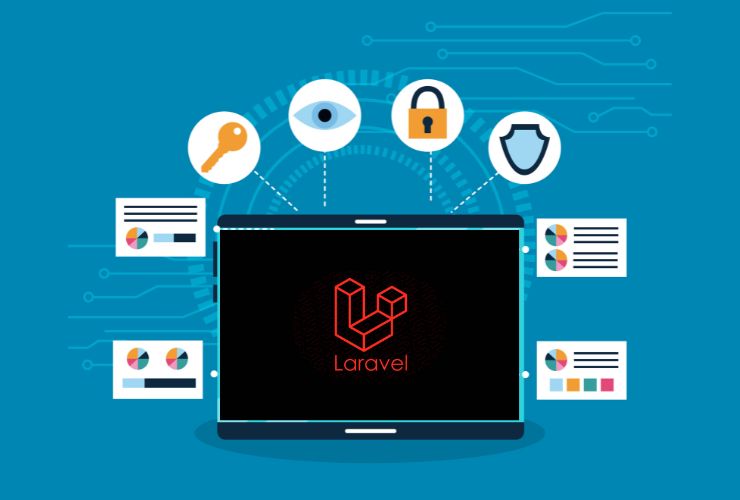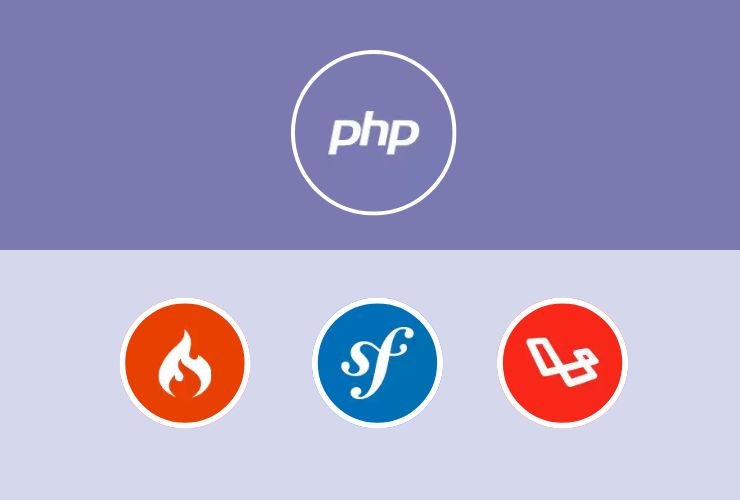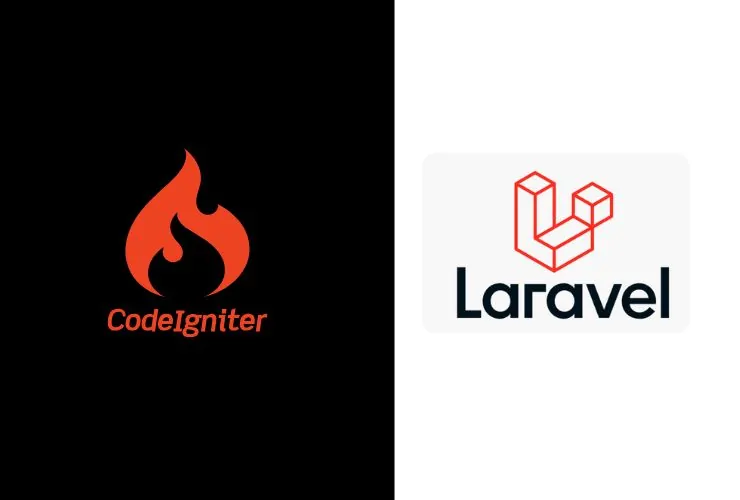Laravel or WordPress: Choosing the Best Platform for Your Website
When it is about selecting the perfect web development platform, WordPress and Laravel usually stand in line first. While both are wonderful site building tools, they differ greatly in terms of their nature and the type of other projects that would be best for them. The right decision between the two can ruin or build your site’s performance, scalability, customization, and overall success.
Here at WPKube, we’ll discuss the key differences between WordPress and Laravel so that you can make an educated decision on which one to use on your next web project.
1. Introduction to Laravel
Laravel is a sophisticated PHP framework to build web applications secure and scalable using its inbuilt structure by developers. Its also has an MVC structure, inbuilt out-of-the-box Eloquent ORM, Blade template engine, middleware, authentication, and routing system.
Laravel is ideal for applications that include deep logic, API integration, real-time, or custom user roles and permissions. Its offers full control to developers and makes the application highly customizable and fit for startup-level or enterprise-level solutions where flexibility is required and efficiency is an issue.
2. Overview of WordPress
WordPress is the most popular Content Management System (CMS) in the world, originally designed as a blogging application but now used for any site type including eCommerce, portfolios, news blogs, and much more. Its power is in its ease of use, pre-designed templates, and extensive plugin repository in which you can add functionality without coding.
WordPress is a great choice for non-technical individuals or businesses that need an affordable and easy web solution. It is best suited for content sites with frequent blog posts or news feeds.
3. Customization and Flexibility
Laravel is fully customizable. Any implementation the application is done by the developers, and there are no limitations on the architecture or the logic. There is support for creating RESTful APIs, real-time chatting, multi-tenancy, and custom boards, and they are coded from the ground up.
WordPress customization is dependent greatly on available plugins and themes. While it has many tools to facilitate customization, there are certain things that require custom plugins or convoluted workarounds. This makes WordPress suitable for standardized sites with predictable needs.
4. Scalability and Performance
Laravel performs the best. Its design is highly optimized for batch processing, caching, and speed. It is well-suited to work with utilities such as Redis, queues, and caching layers to improve response time. Laravel also offers asynchronous processing and database optimization, which makes it suitable for high-demand web applications.
WordPress can manage, particularly if you’re hosted on WP-honed server and optimization software. But the higher your third-party code and plug-ins, the worse performance there will be, and the poorer it will scale without someone manually tweaking it who knows what he’s doing.
5. Security
Laravel has enterprise-grade security features out of the box. It provides protection against CSRF, XSS, SQL injection, and uses secure hashing mechanisms for storing passwords. Because it is built from scratch, one can implement their own custom security protocols as per their application.
WordPress has an underlying good security, but because it is extremely popular, it is also a favorite of a hacker. The security issues come from outdated plugins or ugly code in themes. To keep a WordPress website secure depends on frequent updates and carefully selecting the plugins.
6. Development Time
Laravel is more time-consuming to develop in general as it needs custom coding and configuration. The final product is highly optimized and tailored software. The initial investment is well worth it in the long term, especially for projects that will grow or become more complex.
WordPress allows rapid development. You can have a site with a theme and a few plugins in hours. It’s ideal for small business, freelancers, or bloggers who need to get an operational site up quickly with minimal technical input.
7. SEO and Content Management
Laravel gives the developers the liberty to create very SEO-friendly websites with clean URLs, well-structured metadata, and schema integration. It does not need manual configuration or custom modules, though.
WordPress is SEO and content management optimized. Yoast SEO and Rank Math plugins allow you to optimize content easily for non-tech users. It’s an ideal platform for blog-driven traffic and content marketing business.
8. Use Case Comparison
| Feature | Laravel | WordPress |
|---|---|---|
| Best For | Custom apps, complex systems | Blogs, small business sites, content-heavy sites |
| Development Speed | Slower (built from scratch) | Faster (pre-built components) |
| Technical Knowledge | High (developer-focused) | Low to medium (user-friendly) |
| Security | Advanced (customized) | Moderate (depends on plugins/themes) |
| SEO | Custom-built features | Plugin-based and easy to manage |
| Scalability | High | Moderate |
| Customization | Full control | Limited to available plugins and themes |
Conclusion: Which One To Pick?
Choose Laravel if your web application entails:
- Complex business logic
- Custom workflow and integrations
- High security and performance requirements
- Scalable infrastructure for future growth
Choose WordPress if your project involves:
- Small budget and time limitation
- Content-heavy requirements like news or blog
- Less development effort
- Must update and optimize SEO regularly
In brief, Laravel gives you total control and works best for building custom, enterprise-level solutions, while WordPress supports rapid deployment of content sites without technical complexity.
If you’re still unsure, consult a professional web development firm to help you choose the right platform for your specific needs.
About Us
With deep expertise in both WordPress and Laravel, we help startups and enterprises to build tailor-made web experiences—from rapid CMS rollouts to fully customized application platforms. Our development team leverages modern architectures, SEO-friendly frameworks, and security best practices to ensure every project we deliver is robust, scalable, and built for performance. Whether you’re launching a content-driven blog or a complex enterprise-grade portal, we align technology with your business vision to drive real-world results.
Build smarter, faster, and more secure websites with the right platform. Connect with us to discuss your project.

